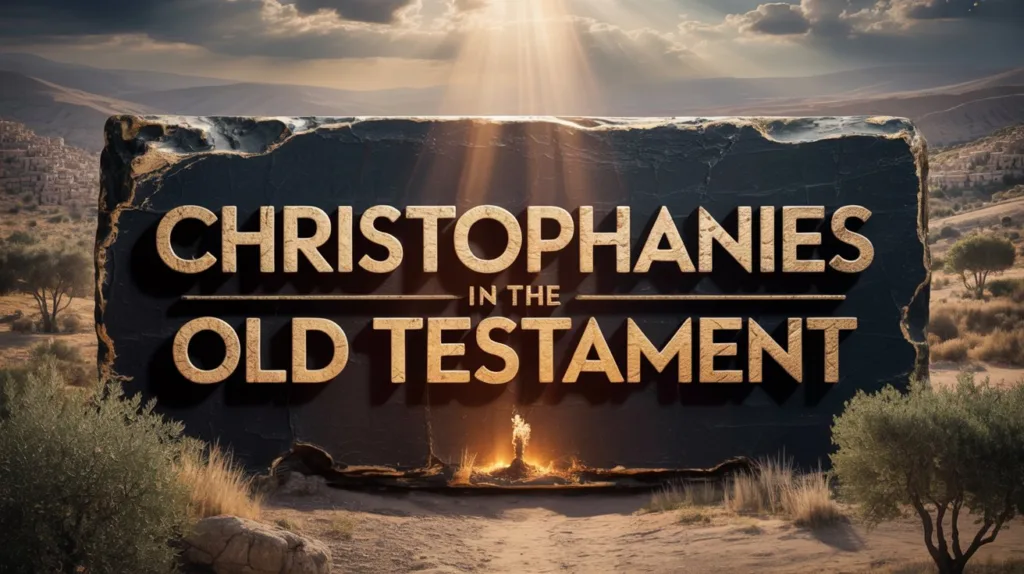Jonah fled from Nineveh because he did not want the Assyrians to receive God’s mercy. He feared that if he preached to them and they repented, God would forgive them. Jonah did not flee out of fear for his life, but out of resentment that God might extend grace to Israel’s enemies.
“But Jonah arose to flee to Tarshish from the presence of the Lord… he went down to Joppa, and found a ship going to Tarshish… from the presence of the Lord.”
(Jonah 1:3)
God commanded Jonah to preach judgment to Nineveh, the capital of Assyria, a brutal and wicked nation known for cruelty and oppression. Jonah disobeyed and fled in the opposite direction, seeking to escape God’s calling.
Jonah’s actions were not due to cowardice but to disagreement with God’s mercy. After Nineveh repented, Jonah openly admitted his reason for fleeing:
“Ah, Lord, was not this what I said when I was still in my country? Therefore I fled previously to Tarshish; for I know that You are a gracious and merciful God, slow to anger and abundant in lovingkindness, One who relents from doing harm.”
(Jonah 4:2)
Jonah knew God’s character. He did not want Nineveh spared, because Assyria was a threat to Israel. His nationalism and bitterness caused him to resist God’s command.
God pursued Jonah with a storm, and Jonah was thrown into the sea and swallowed by a great fish:
“Now the Lord had prepared a great fish to swallow Jonah. And Jonah was in the belly of the fish three days and three nights.”
(Jonah 1:17)
Inside the fish, Jonah repented and prayed. God gave him a second chance:
“Now the word of the Lord came to Jonah the second time, saying, ‘Arise, go to Nineveh… and preach to it the message that I tell you.’”
(Jonah 3:1–2)
Jonah obeyed. Nineveh repented, and God withheld judgment. Jonah was angry, not joyful. God then used a plant, a worm, and the sun to teach Jonah a lesson about compassion.
“Should I not pity Nineveh, that great city…?”
(Jonah 4:11)
Jonah’s flight from Nineveh reveals how deeply human pride and prejudice can resist God’s will. But it also shows that God’s mercy is not limited by our preferences. He is willing to forgive even the most wicked if they turn to Him.





 Get the book that teaches you how to evangelize and disarm doctrines from every single major cult group today.
Get the book that teaches you how to evangelize and disarm doctrines from every single major cult group today.